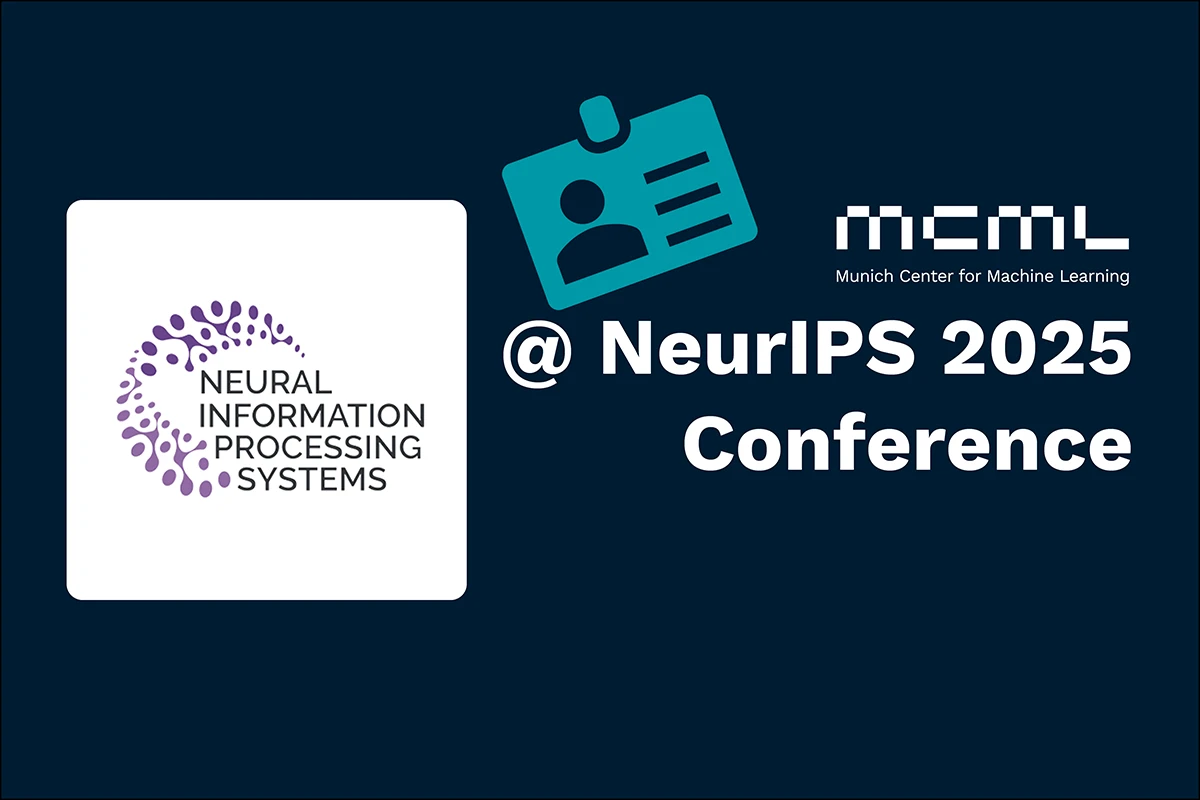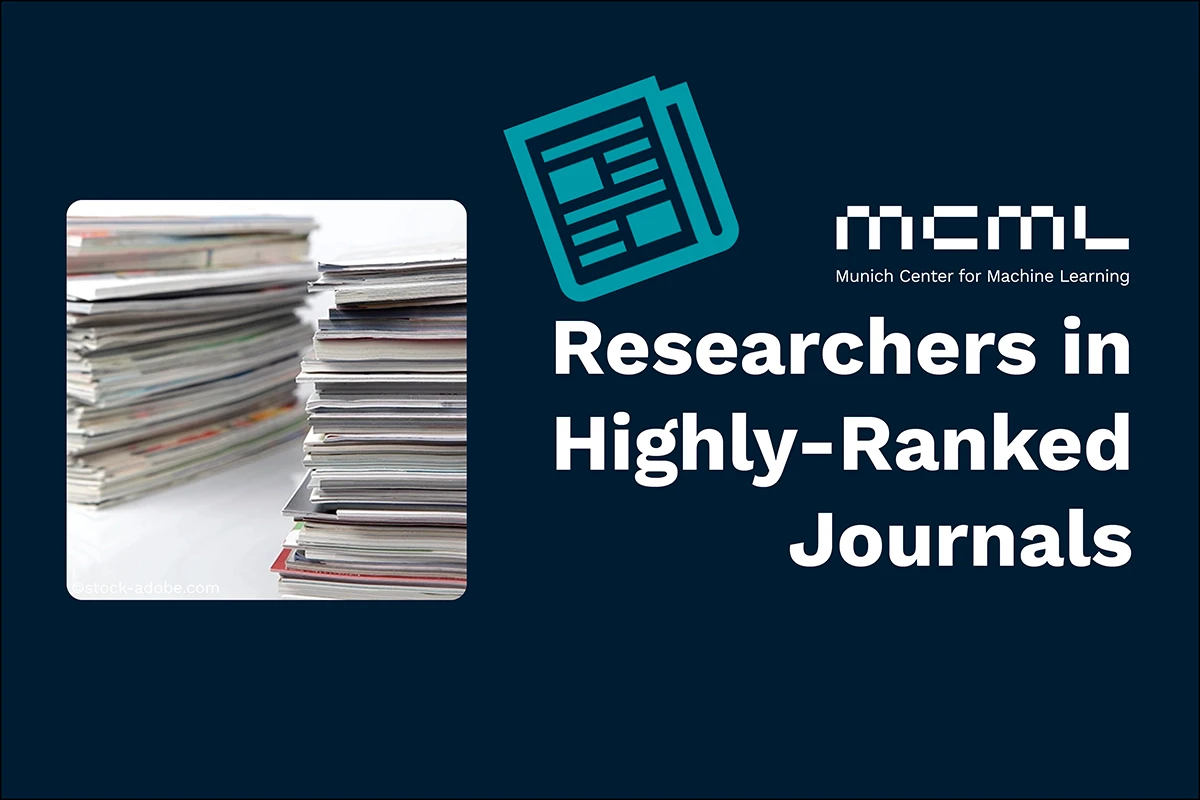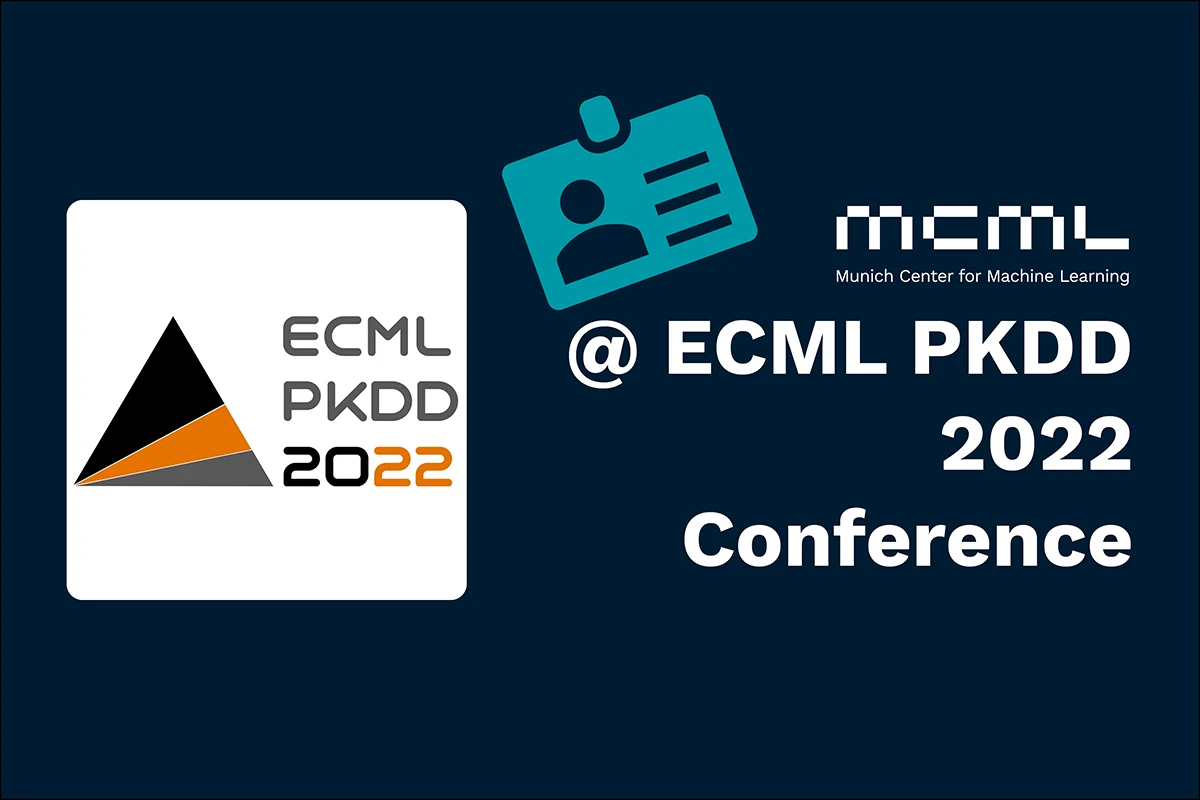Research Group Christian Müller
Christian Müller
is head of the Workgroup for Biomedical Statistics and Data Science at LMU Munich.
His group focus on developing and applying computational statistics and data science methods for the analysis of biological systems and is involved in multiple projects, ranging from the study of microbial communities to the dissection of epigenetic datasets.
Team members @MCML
PhD Students
Recent News @MCML
Publications @MCML
2025
[8]
M. V. Tran • C. L. Müller
Causal Inference Framework for Ocean Microbial Community Responses to Warmer Temperature.
Climate Change AI @NeurIPS 2025 - Workshop on Tackling Climate Change with Machine Learning at the 39th Conference on Neural Information Processing Systems. San Diego, CA, USA, Nov 30-Dec 07, 2025. URL
Causal Inference Framework for Ocean Microbial Community Responses to Warmer Temperature.
Climate Change AI @NeurIPS 2025 - Workshop on Tackling Climate Change with Machine Learning at the 39th Conference on Neural Information Processing Systems. San Diego, CA, USA, Nov 30-Dec 07, 2025. URL
[7]

E. Ailer • C. L. Müller • N. Kilbertus
Instrumental variable estimation for compositional treatments.
Scientific Reports 15.5158. Feb. 2025. DOI
Instrumental variable estimation for compositional treatments.
Scientific Reports 15.5158. Feb. 2025. DOI
2023
[6]
C. Kolb • B. Bischl • C. L. Müller • D. Rügamer
Sparse Modality Regression.
IWSM 2023 - 37th International Workshop on Statistical Modelling. Dortmund, Germany, Jul 17-21, 2023. Best Paper Award. PDF
Sparse Modality Regression.
IWSM 2023 - 37th International Workshop on Statistical Modelling. Dortmund, Germany, Jul 17-21, 2023. Best Paper Award. PDF
[5]
C. Kolb • C. L. Müller • B. Bischl • D. Rügamer
Smoothing the Edges: Smooth Optimization for Sparse Regularization using Hadamard Overparametrization.
Preprint (Jul. 2023). arXiv
Smoothing the Edges: Smooth Optimization for Sparse Regularization using Hadamard Overparametrization.
Preprint (Jul. 2023). arXiv
[4]

T. Ullmann • S. Peschel • P. Finger • C. L. Müller • A.-L. Boulesteix
Over-optimism in unsupervised microbiome analysis: Insights from network learning and clustering.
PLOS Computational Biology 19.1. Jan. 2023. DOI
Over-optimism in unsupervised microbiome analysis: Insights from network learning and clustering.
PLOS Computational Biology 19.1. Jan. 2023. DOI
2022
[3]

D. Rügamer • A. Bender • S. Wiegrebe • D. Racek • B. Bischl • C. L. Müller • C. Stachl
Factorized Structured Regression for Large-Scale Varying Coefficient Models.
ECML-PKDD 2022 - European Conference on Machine Learning and Principles and Practice of Knowledge Discovery in Databases. Grenoble, France, Sep 19-23, 2022. DOI
Factorized Structured Regression for Large-Scale Varying Coefficient Models.
ECML-PKDD 2022 - European Conference on Machine Learning and Principles and Practice of Knowledge Discovery in Databases. Grenoble, France, Sep 19-23, 2022. DOI
2021
[2]

H. Seibold • S. Czerny • S. Decke • R. Dieterle • T. Eder • S. Fohr • N. Hahn • R. Hartmann • C. Heindl • P. Kopper • D. Lepke • V. Loidl • M. M. Mandl • S. Musiol • J. Peter • A. Piehler • E. Rojas • S. Schmid • H. Schmidt • M. Schmoll • L. Schneider • X.-Y. To • V. Tran • A. Völker • M. Wagner • J. Wagner • M. Waize • H. Wecker • R. Yang • S. Zellner • M. Nalenz
A computational reproducibility study of PLOS ONE articles featuring longitudinal data analyses.
PLOS One 16.6. Jun. 2021. DOI
A computational reproducibility study of PLOS ONE articles featuring longitudinal data analyses.
PLOS One 16.6. Jun. 2021. DOI
2020
[1]
D. Davletshina • V. Melnychuk • V. Tran • H. Singla • M. Berrendorf • E. Faerman • M. Fromm • M. Schubert
Unsupervised Anomaly Detection for X-Ray Images.
Preprint (Jan. 2020). arXiv GitHub
Unsupervised Anomaly Detection for X-Ray Images.
Preprint (Jan. 2020). arXiv GitHub
©all images: LMU | TUM






